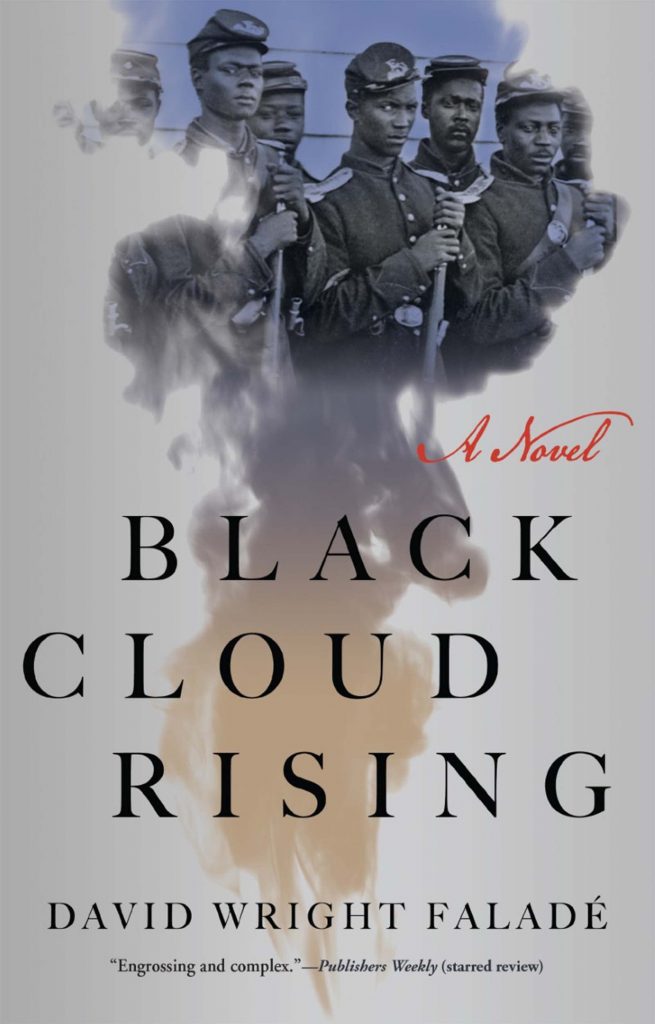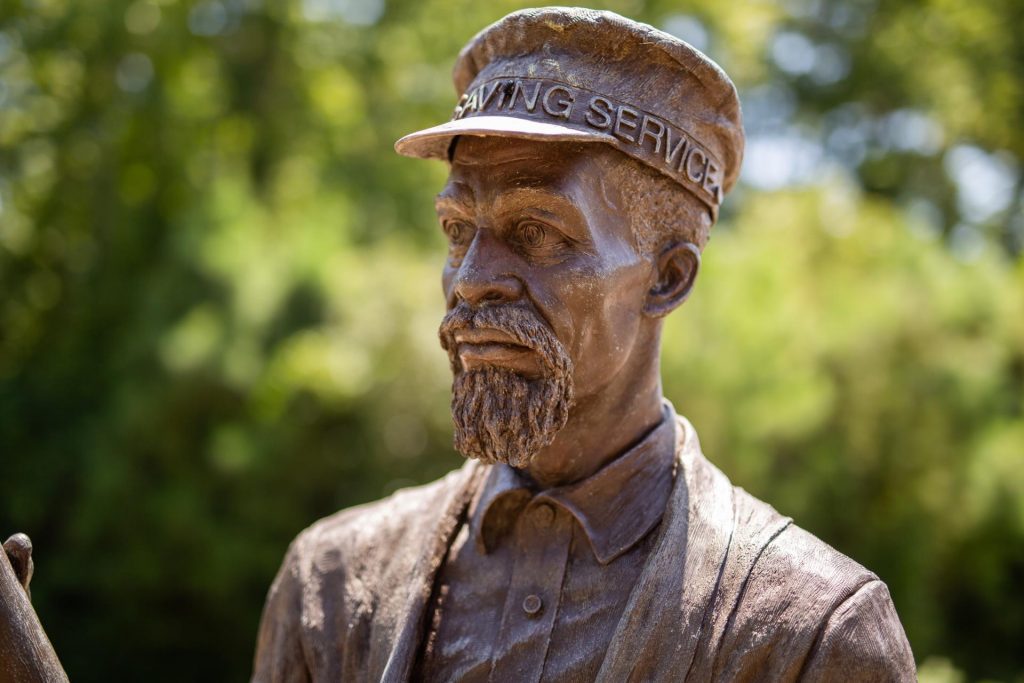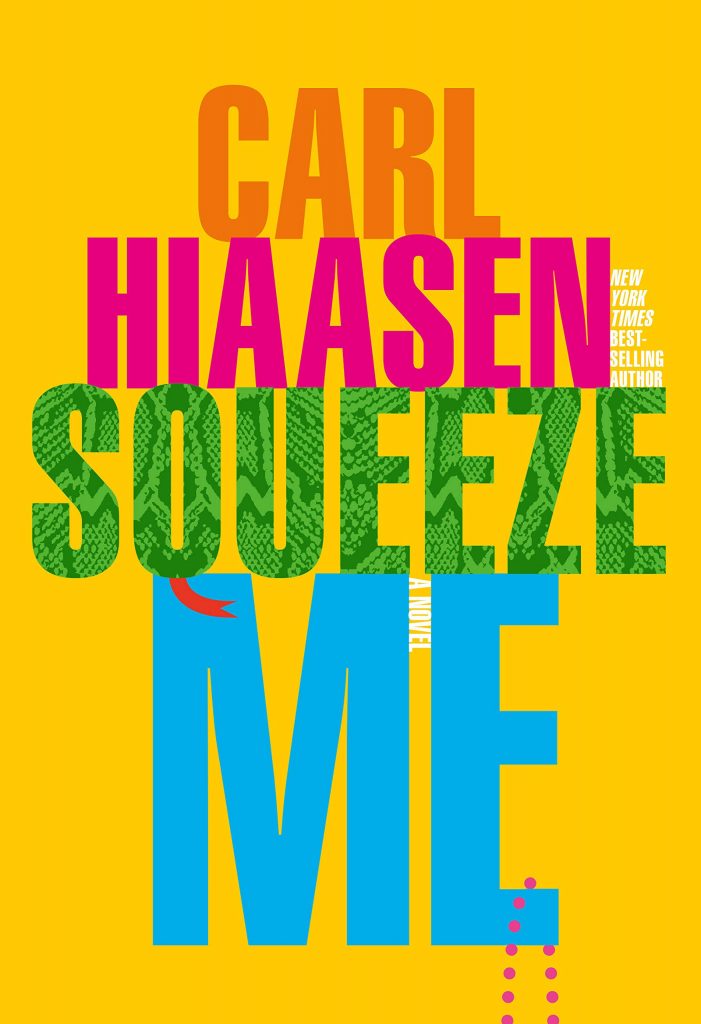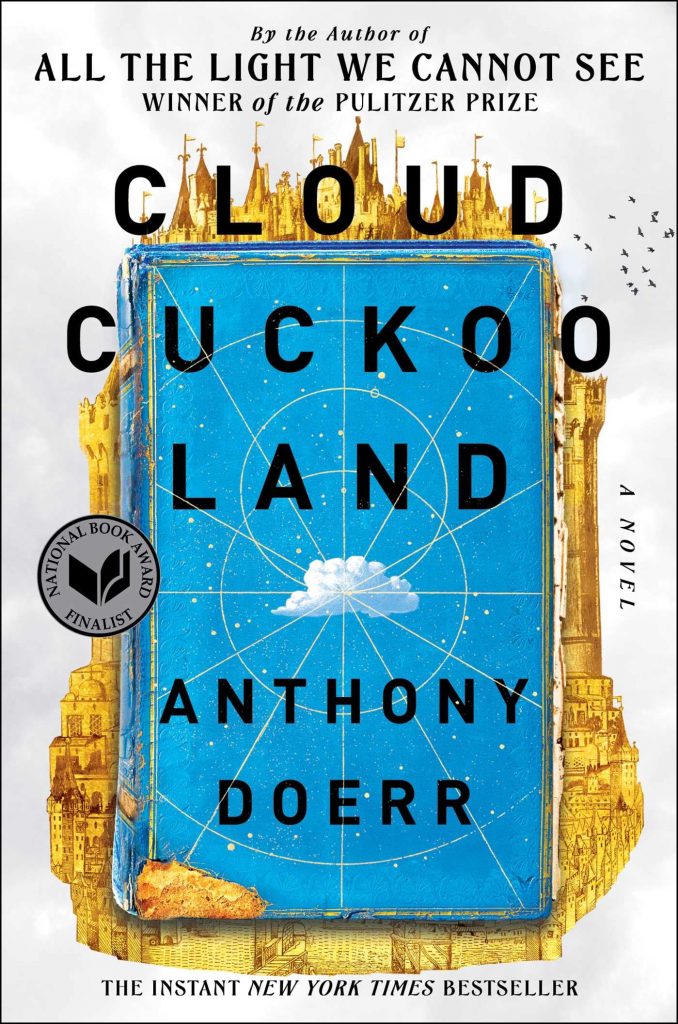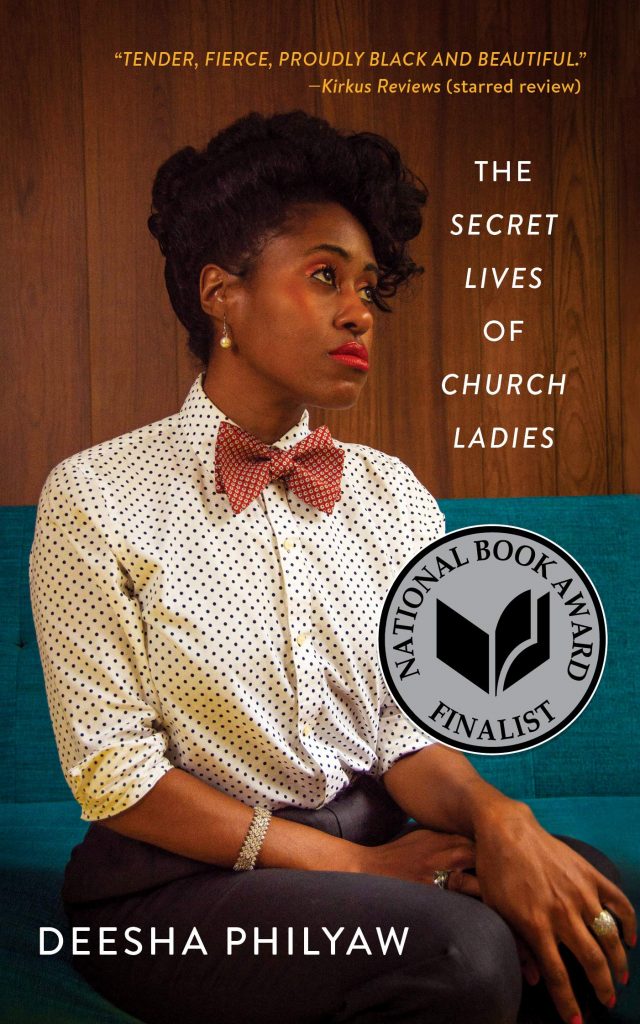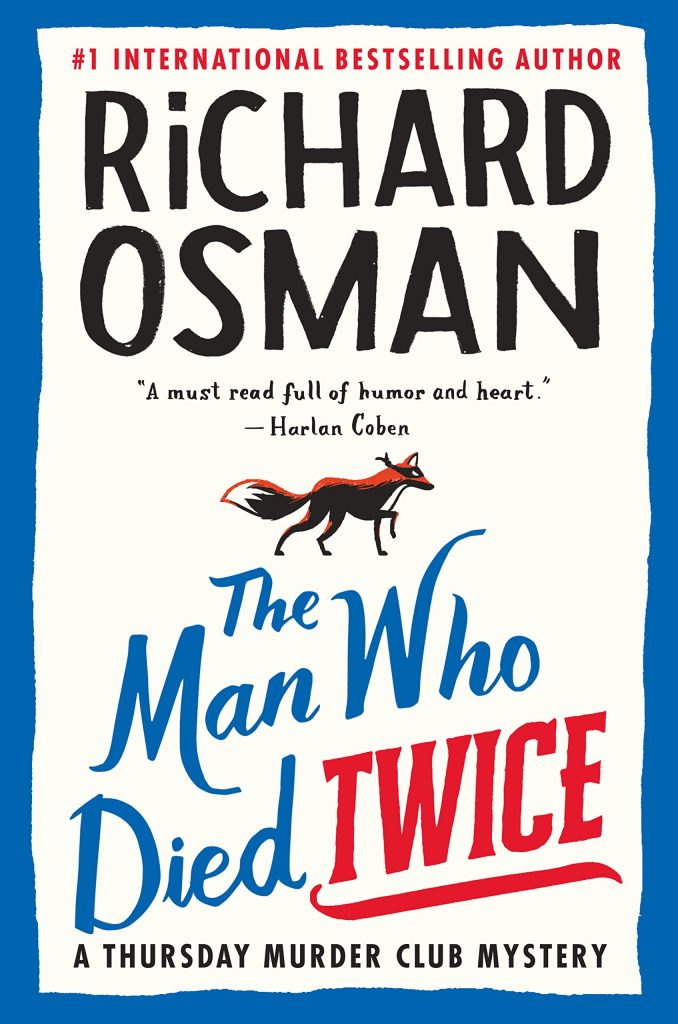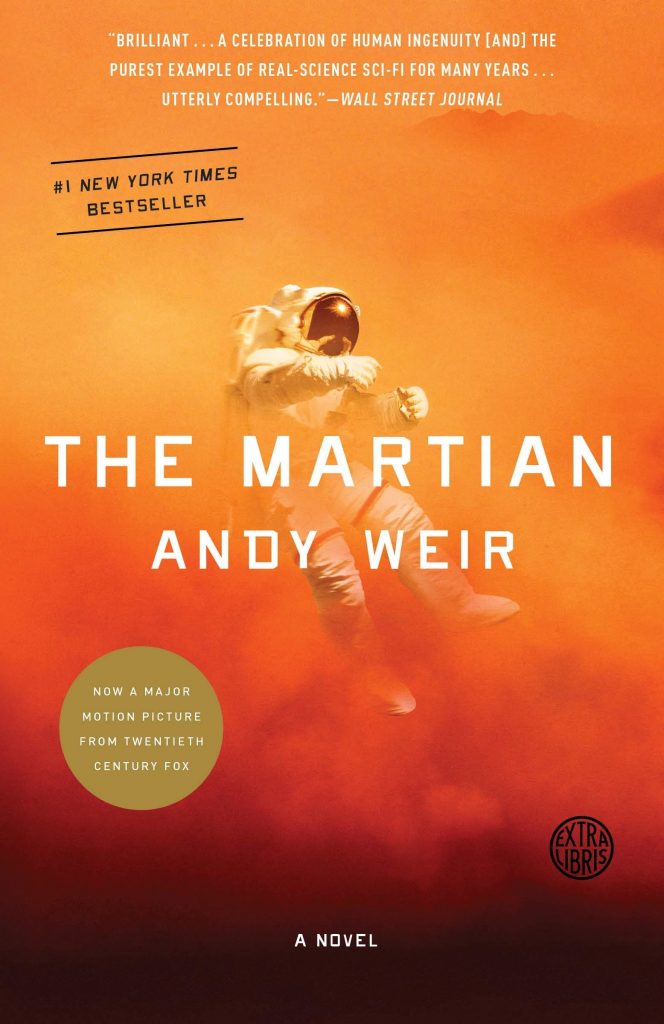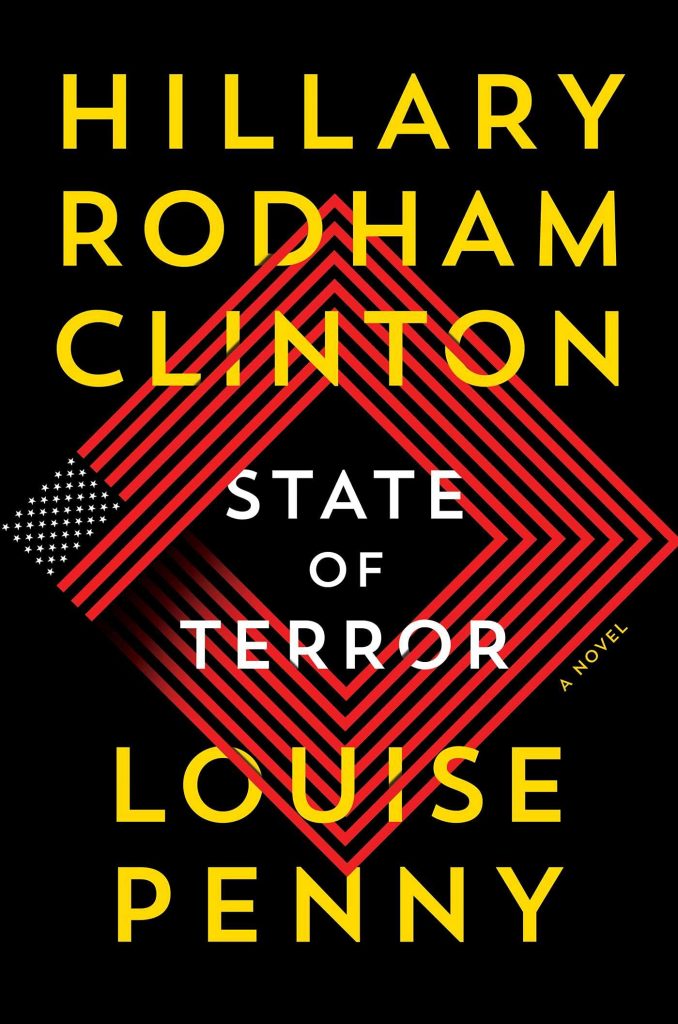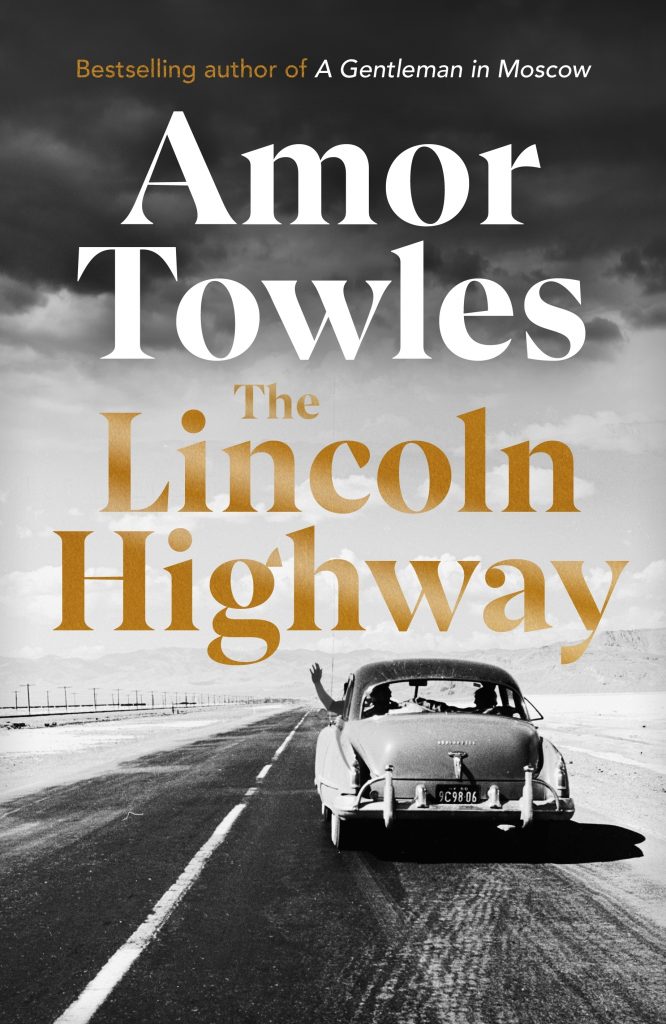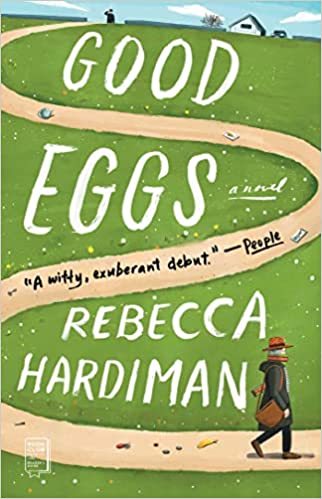As the book opens a new President of the United States has just taken office, displacing a hulking, bombastic, ignorant, self-aggrandizing, bloviating, possibly crooked predecessor, now living in a tasteless mansion in Florida. The new President appoints a late middle-aged, female, opponent in the run up to the election as his Secretary of State. He wants her to fail and he wants to keep her close in his administration to prevent her from doing additional damage. A normal day in politics.
What isn’t normal is that soon after assuming their offices a series of bus bombings in Europe succeed in killing scores of civilians. The Secretary of State and her staff must act quickly to calm fears of European allies (still reeling from former President Eric Dunn’s snubbings and ineptitude) and to figure out if another attack could land on U.S. soil. As the threat to Americans grows in likelihood and magnitude, Secretary Ellen Adams hustles around the world engaging in politics and diplomacy with world leaders in Pakistan, Afghanistan, Iran, and Europe.
While external actors have clearly targeted the United States, the wrinkle appears to be that so-called American Patriots, right-wingers intent on restoring what they perceive as the good old days of white, male, gun-carrying, sovereignty may well be in league sworn enemies of America: Russians, Al Qaeda, ISIS and so forth.
The descriptions of political brinksmanship feel insanely accurate — Thank you, Hillary — and Louise Penny has written a page-turner: a surprisingly strong team. Periodically, I wondered if the text was taking too many liberties in imagining an insider plot to overthrow America’s legally elected government. Then I listened to the House Committee hearing on the January 6 uprising and looked at the flags flying defiantly all across my local landscape: Fuck Biden; Gun Owners for Trump; I’ll Help You Pack (as in pack up so you can leave the country, there’s an American flag above the offer); Marxist Lives Don’t Matter; Trump 2024 – I’ll Be Back!
Maybe State of Terror doesn’t go far enough. At least all of the female characters in State of Terror are reliable, if understated, heroines.
